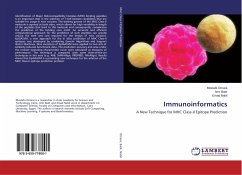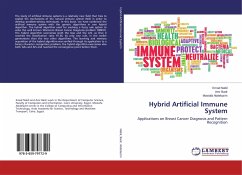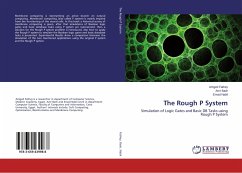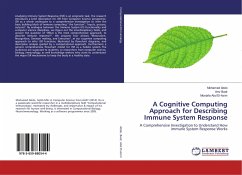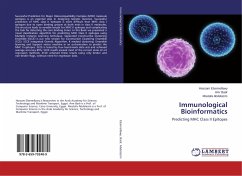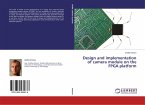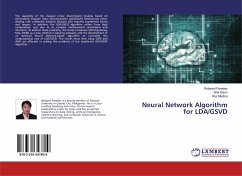Identification of Major Histocompatibility Complex (MHC) binding peptides is an important step in the selection of T-Cell epitope candidates that are suitable for usage in new vaccines. The binding groove of the MHC Class-II molecule is opened at both sides, which allows for high variability in length of the peptides that bind to this molecule and consequently; complicates the prediction of the binding core motif. An accurate and efficient computational approach for the prediction of such peptides can greatly reduce the time and cost required for the design of new vaccines. EpiGASVM, a new approach for the in silico prediction of MHC Class-II epitopes was developed by combining Genetic Algorithms and Support Vector Machines. Nine variations of EpiGASVM were applied to two sets of similarity-reduced benchmark data. The prediction accuracy and area under the receiver operating characteristic curve were calculated as measures of performance. The technique is compared with some state-of-the-art techniques in this area (e.g. ARB, SMM-Align, PROPRED, NN-Align). Results shows that EpiGASVM is a promising new technique for the solution of the MHC Class-II epitope prediction problem.
Bitte wählen Sie Ihr Anliegen aus.
Rechnungen
Retourenschein anfordern
Bestellstatus
Storno

